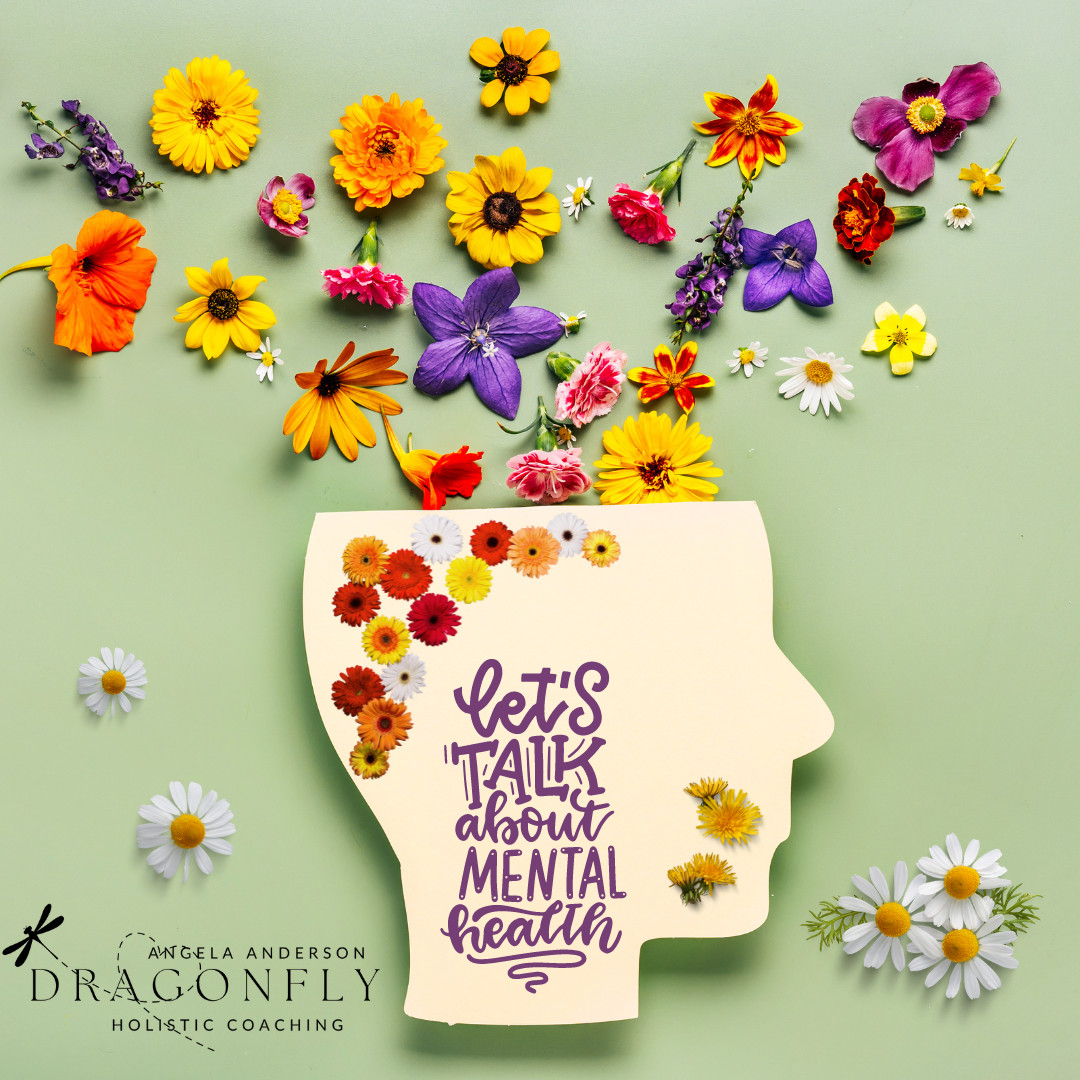
In recent years, mental health has become a growing concern in our fast-paced and demanding world. While therapy and medication are essential for managing mental health conditions, it is important to recognize the role that lifestyle plays in fostering overall well-being. According to a study published in the Journal of Affective Disorders, lifestyle factors such as physical activity, sleep, and diet have a significant impact on mental health outcomes (Lopresti, Hood, & Drummond, 2013). In fact, according to the World Health Organization, 60% of the factors related to individual health and quality of life are correlated to lifestyle.
One of the most important lifestyle factors that contribute to mental health is physical activity. Regular exercise has been found to reduce symptoms of depression and anxiety, improve mood, and increase self-esteem (Craft & Perna, 2004). According to the World Health Organization, adults should engage in at least 150 minutes of moderate-intensity or 75 minutes of vigorous-intensity physical activity per week to reap the mental health benefits (World Health Organization, 2020). This recommendation is supported by a study conducted by Mikkelsen et al. (2017), which found that individuals who met the physical activity guidelines had a lower risk of developing depression and anxiety.
Engaging in physical activity stimulates the release of endorphins, natural mood-boosting chemicals in the brain. As stated by Harvard Health Publishing, "Endorphins are neurotransmitters that help to relieve pain and induce feelings of pleasure or euphoria" (Harvard Health Publishing, 2018). Whether it's a brisk walk, a yoga session, or a team sport, finding an enjoyable form of exercise can significantly enhance mental well-being.
Regular exercise has been linked to improved mood, reduced symptoms of depression and anxiety, and increased overall well-being. Engaging in physical activity releases endorphins, which are natural mood-boosting chemicals in the brain. Finding enjoyable activities such as walking, jogging, dancing, or participating in sports can enhance mental health. So, let's make physical activity a priority in our daily routine to improve our mental health.
Sleep is another lifestyle factor that plays a crucial role in mental health. According to the National Sleep Foundation, adults should aim for 7-9 hours of sleep per night to maintain optimal health. Lack of sleep has been linked to increased risk of depression, anxiety, and other mental health problems (Alvaro, Roberts, & Harris, 2013).
Research has shown that sleep plays a vital role in cognitive functioning, emotional regulation, and resilience to stress (Walker, 2017). Inadequate sleep can lead to impaired judgment, decreased motivation, and difficulty concentrating, which can contribute to mental health problems (Grandner, Jackson, Gerstner, & Knutson, 2014).As a health coach and educator, it is essential to emphasize the importance of establishing a consistent sleep routine, creating a peaceful sleep environment, and practicing relaxation techniques to promote better sleep habits and overall mental well-being. As Dr. Meir Kryger, a sleep specialist, states, "Sleep is not an optional lifestyle luxury. Sleep is a non-negotiable biological necessity" (Kryger, 2017).
Finally, diet is another important lifestyle factor for mental health. Research suggests that a diet high in fruits, vegetables, whole grains, and lean protein is associated with better mental health outcomes (Jacka et al., 2010). On the other hand, a diet high in processed foods, sugar, and saturated fats has been linked to increased risk of depression and anxiety (Sánchez-Villegas et al., 2013).
A balanced and nutritious diet plays a crucial role in supporting mental health. According to a study published in the Journal of Psychiatric Research, "a diet rich in fruits, vegetables, whole grains, fish, olive oil, low-fat dairy, and antioxidants and low in animal foods was associated with a decreased risk of depression" (Lassale et al., 2019).
Consuming a variety of whole foods, including fruits, vegetables, lean proteins, whole grains, and healthy fats, provides essential nutrients for brain function. Omega-3 fatty acids, B vitamins, and magnesium are among the nutrients associated with improved mental well-being. A study published in the Journal of Clinical Psychiatry found that "supplementation with omega-3 polyunsaturated fatty acids was effective in reducing symptoms of depression" (Grosso et al., 2014). As Hippocrates once said, "Let food be thy medicine and medicine be thy food."
Chronic stress can also have a significant negative impact on mental health. According to a study published in the Journal of Psychiatric Research, individuals with high levels of stress are at a higher risk of developing anxiety and depression. Effective stress management is crucial for maintaining mental well-being. Engaging in relaxation techniques like deep breathing, meditation, or yoga can help reduce stress levels and promote mental resilience. A study published in the Journal of Alternative and Complementary Medicine found that practicing yoga can significantly reduce symptoms of anxiety and depression.
Positive relationships and social connections are essential for mental health. According to a review published in the journal PLOS Medicine, social support can have a protective effect on mental health and can reduce the risk of developing mental disorders. Regular social interaction provides emotional support, a sense of belonging, and an opportunity for meaningful connection. Joining clubs, volunteering, or participating in community events are great ways to engage in social activities and enhance mental well-being.
Practicing mindfulness and engaging in self-care activities are essential for promoting mental well-being. According to a study published in the Journal of Clinical Psychology, mindfulness-based interventions can significantly reduce symptoms of anxiety and depression. Engaging in self-care activities tailored to individual preferences, such as engaging in hobbies, taking breaks, practicing self-compassion, or seeking professional support when needed, promotes mental well-being and self-nurturing.
Substance abuse, including excessive alcohol consumption and illicit drug use, can have severe negative effects on mental health. According to the National Institute on Drug Abuse, substance abuse can contribute to the development of mental disorders such as depression and anxiety. Limiting or avoiding harmful substances is crucial for maintaining mental well-being and preventing further complications. As stated by the World Health Organization, "the harmful use of alcohol results in 3 million deaths each year, and the harmful use of illicit drugs causes 200,000 deaths annually."
Mental health is a growing concern in our fast-paced and demanding world. While therapy and medication are essential for managing mental health conditions, it is important to recognize the role that lifestyle plays in fostering overall well-being. According to a study published in the Journal of Affective Disorders, lifestyle factors such as physical activity, sleep, and diet have a significant impact on mental health outcomes (Lopresti, Hood, & Drummond, 2013).
In conclusion, lifestyle factors play a crucial role in our mental health. Engaging in regular physical activity, getting adequate sleep, consuming a balanced and nutritious diet, managing stress, cultivating positive relationships, practicing mindfulness, engaging in self-care activities, and avoiding harmful substances are all essential for promoting mental well-being. In my next article, we will dive into the crucial role the gut-microbiome has on our overall well-being








0 Comments